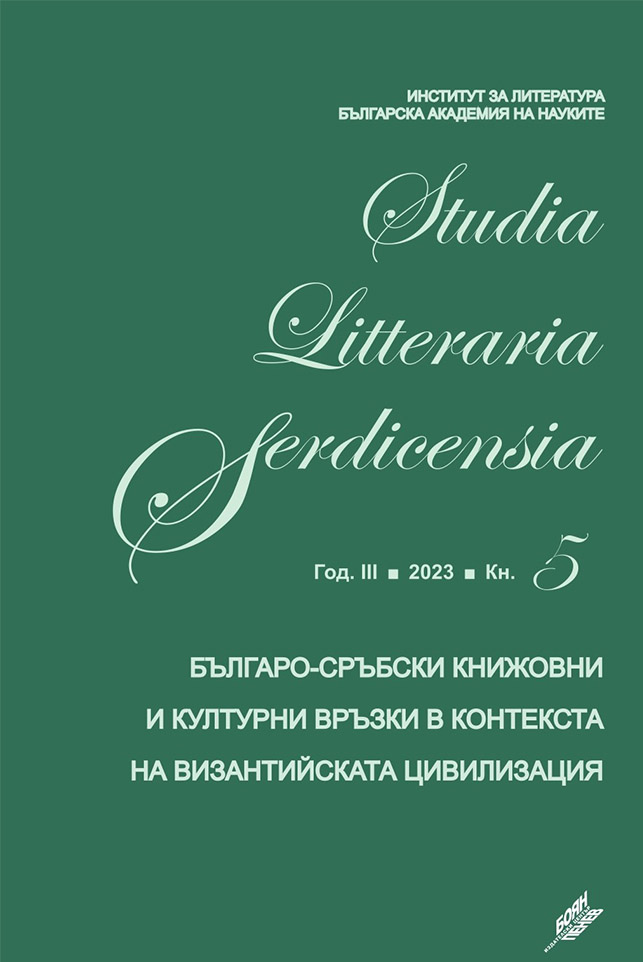This article analyzes a text with a list of non-working days of the year published in the Goraždе Psalter with Appendices in 1521. The text consists of three parts. The first and second parts contain the immovable and movable holidays of the year, while the third contains sanctions for believers who do not observe the prescribed holidays. The list includes 102 non-working days per year, including Sundays. Sanctions are both spiritual and secular in nature, and they are formulated differently depending on the social class and status of the offenders. A list of non-working days with sanctions is not commonly a part of a Psalter with Appendices. It is a penitential, not a liturgical feature and has its origins in the Middle Ages. There is a copy of it in an Euchologion with the penitential texts from the early 15th century. We recognize the presence of the list in the Goražde book as part of the editorial work of the printer and hieromonk Teodor Ljubavić. Thanks to the fact that the Goražde printed book was soon afterwards transcribed into a manuscript, we know of two more copies of the Goražde-type lists of non-working days in different liturgical books.
THE LIST OF NON-WORKING DAYS IN THE GORAŽDE PSALTER WITH APPENDICES FROM 1521
-
YEAR: КНИГА 5PUBLISHED ON :
PUBLISHER: INSTITUTE FOR LITERATUREISSN (Print): 2738-7631ISSN (Online): 2815-2999
-
-
- NAME: Stanoje Bojanin
- INVERSION: Bojanin, Stanoje
- E-MAIL: [email protected]
- INSTITUTION: Institute for Byzantine Studies, Serbian Academy of Sciences and Arts
- COUNTRY: Serbia
- ORCID: 0000-0003-3424-6247
Stanoje Bojanin, Ph.D., is a senior researcher associate at the Institute for Byzantine Studies, Serbian Academy of Sciences and Arts. He is the author of the book Entertainment and Festivities in Medieval Serbia from the end of the 12th to the end of the 15th century (in Serbian with a summary in English) and many articles concerning medieval social and cultural history, historical anthropology, medieval church law, medieval medicine, medieval diplomatics, Cyrillic manuscripts, and early Slavic printed books.
-
-
 ABSTRACT
ABSTRACTThis article analyzes a text with a list of non-working days of the year published in the Goraždе Psalter with Appendices in 1521. The text consists of three parts. The first and second parts contain the immovable and movable holidays of the year, while the third contains sanctions for believers who do not observe the prescribed holidays. The list includes 102 non-working days per year, including Sundays. Sanctions are both spiritual and secular in nature, and they are formulated differently depending on the social class and status of the offenders. A list of non-working days with sanctions is not commonly a part of a Psalter with Appendices. It is a penitential, not a liturgical feature and has its origins in the Middle Ages. There is a copy of it in an Euchologion with the penitential texts from the early 15th century. We recognize the presence of the list in the Goražde book as part of the editorial work of the printer and hieromonk Teodor Ljubavić. Thanks to the fact that the Goražde printed book was soon afterwards transcribed into a manuscript, we know of two more copies of the Goražde-type lists of non-working days in different liturgical books.
SUBJECT

